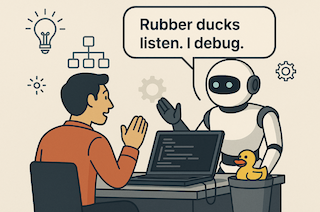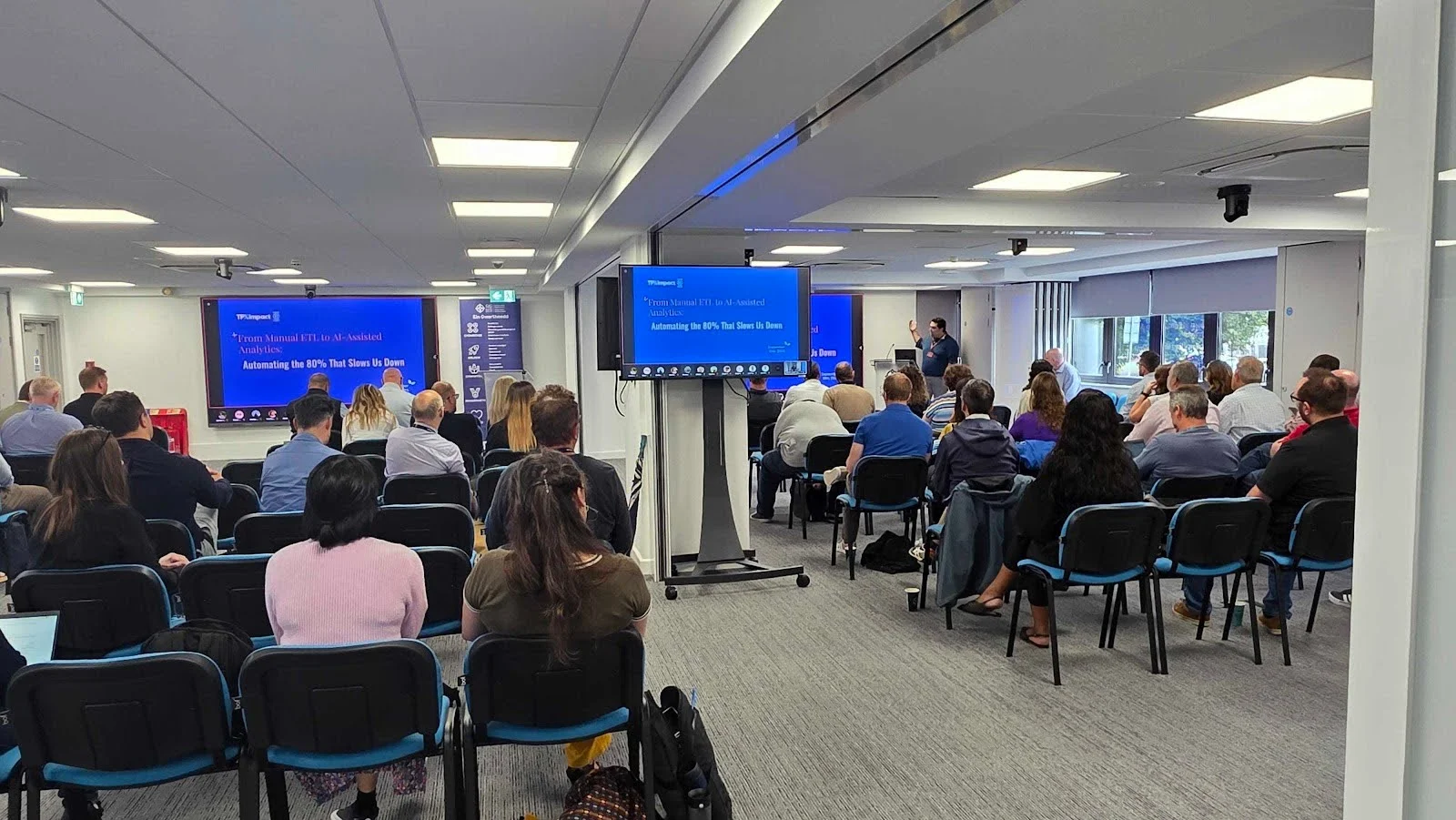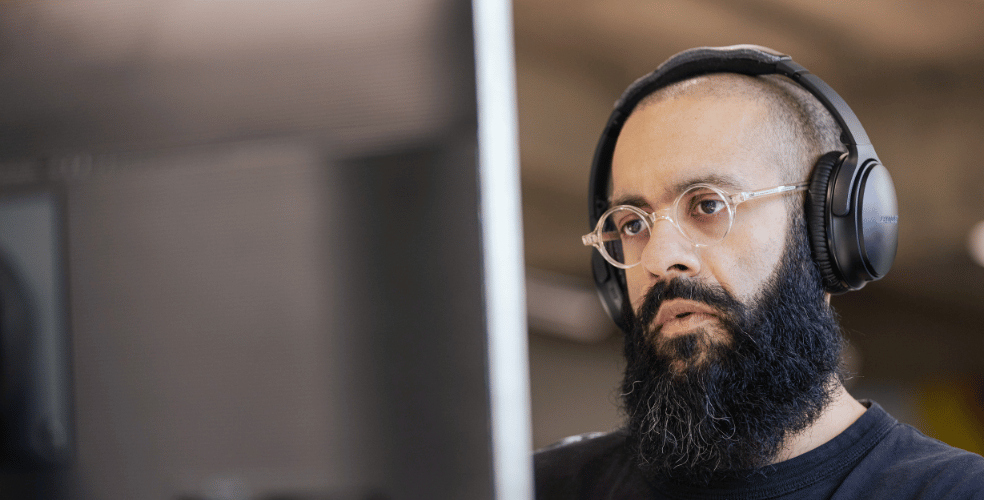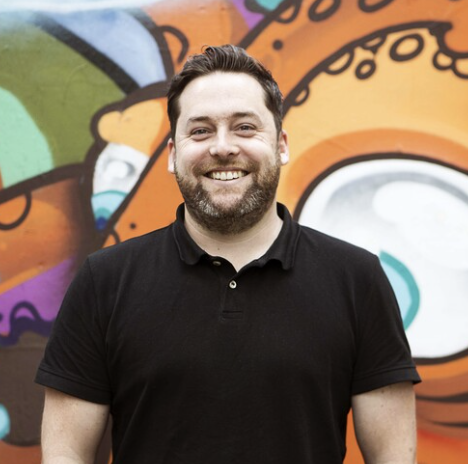With AI tools like Cursor, Copilot and ChatGPT in the hands of millions of developers, we are seemingly speeding up code delivery and lowering the barrier of entry to software engineering.
Suppose we believe that simply introducing these tools to engineers' armoury means more speed, more delivery. In that case, we may land in a precarious position with underskilled future generations of engineers and buggy, unmaintainable code.
This is not a gloom and doom post. I’m quite excited about the paradigm shift, like not having to look up syntax every time I switch languages. AI-enabled engineering is the way forward, but it still needs experienced engineers giving instructions.
Where AI shines (and where it doesn’t)
It’s great for setting up boilerplate, CRUD APIs, generating tests, and offering code suggestions. But AI doesn’t understand the context of your business domain, the trade-offs in architectural choices, or your long-term strategy.
Engineers will need to shift focus from pure implementation to problem solving, from writing every line of code to shaping the overall system, and from worrying about syntax to owning the strategy.
The underlying principles we upheld - clean code, separation of concerns, and system thinking - are still relevant and more essential than ever. Using AI tooling blindly will lead to brittle code, security flaws, and shortcuts that become tomorrow's tech debt.
“Vibe Coding” isn’t a substitute for engineering
We’re all familiar with rubber duck engineering. That concept shouldn’t change when pairing with an AI assistant or “vibe coding”, only now the duck talks back. Developers have long used rubber ducking to clarify their thinking, but no one relies on a duck to build an entire app. It’s a tool to help unblock, not a substitute for skill.
The same applies to AI. It’s excellent at catching logic gaps, suggesting patterns, and expediting tedious tasks. But it’s still your job to lead the build. Vibe coding blends the open-ended thinking of ducking with intelligent feedback. But that makes it a tool in the process, not the process.

As engineers, we need to explore and focus on:
-
Prompt engineering: Getting the right results from AI
-
Critical review: Spotting subtle bugs, edge cases and anti-patterns
-
Architectural thinking: Designing systems for performance and scale
-
Security-first mindsets: Secure by design, not by patch
-
Responsible AI: Ethical solutions that prioritise user needs
AI needs your brain, not just your prompts
AI may do it faster, but we still need to be the thinkers driving it. The danger lies in assuming AI replaces engineering, it doesn’t. I have Github Copilot running in my editor, and while it confidently answers a prompt, the code often needs refinement.
The AI responds well when the design is already in place and it's used to generate smaller, scoped components. Our PROVE principles still apply, ensuring clean, thoughtful, maintainable systems.
We’re at a turning point. AI is getting cheaper, more capable and new models are appearing rapidly. Tools like Deepseek and Gemini are gaining adoption. OpenAI continues to evolve its offerings, with the release of GPT-4.5 and the introduction of models focusing on advanced reasoning capabilities (o3) in response to growing competition. At the same time, frameworks like LangChain, CrewAI, and Haystack are enabling developers to orchestrate multi-step agents and embed AI into production workflows. This technology will become standard in every engineer’s toolkit.
The future isn’t just AI assisted coding, it’s agent-driven engineering. We’ll guide networks of smart tools, each handling a slice of the build, like sous chefs in a Michelin kitchen. The head chef still calls the shots and controls what leaves the kitchen. The thinking, the design, the responsibility, that’s still on us. The real shift isn’t using AI, it’s leading it.
Our recent tech blog posts
Transformation is for everyone. We love sharing our thoughts, approaches, learning and research all gained from the work we do.
-

Reimagining case management across secure government
Read blog post -

-

-


